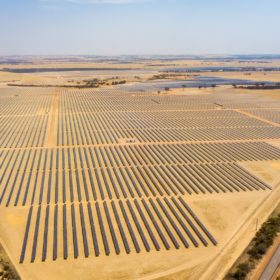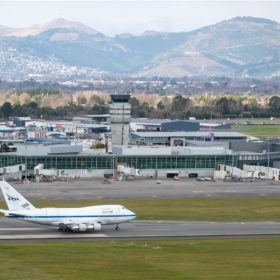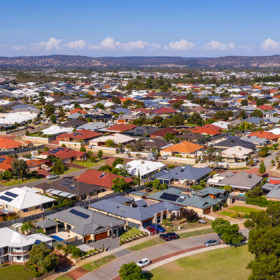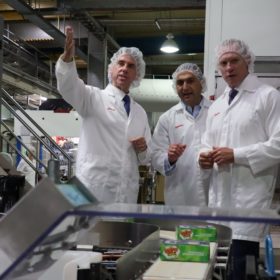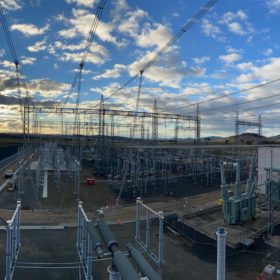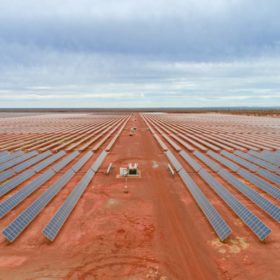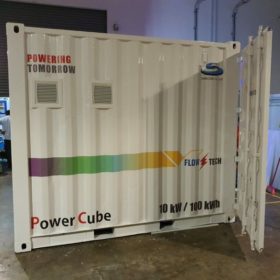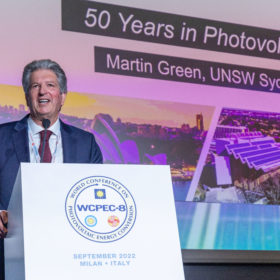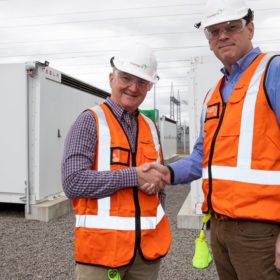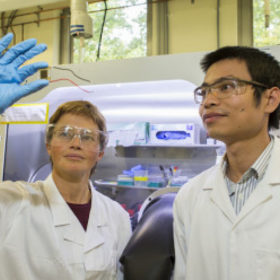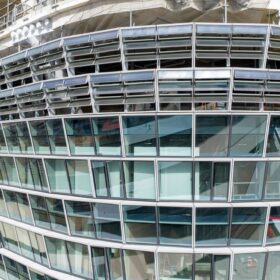Australia posts near-record period for utility PV generation
Australia’s large-scale solar farms generated a near-record 1,463 GWh of clean energy during the month of January, just shy of the 1,509 GWh produced in December, according to the latest data from international consultancy firm Rystad Energy.
Lightsource bp lands 150 MW solar farm deal at NZ airport
Lightsource bp and ‘gen-tailer’ Contract Energy’s plans to build up to 380 GWh of annual generation of grid-scale PV in New Zealand by 2026 are now in motion with the companies chosen to develop what will be one of the nation’s largest solar farms on the South Island.
WA gets glimpse of energy future after Plico switches on VPP
Rooftop solar stronghold Western Australia has been offered a glimpse of its energy future with the market operator having activated its first virtual power plant to prevent household blackouts after heatwave conditions sparked concern for the state’s main energy grid.
Arnott’s Group links with Stanwell in shift to renewables
A 40,000 sqm factory in Virginia, Queensland, is to be powered with 100% renewable energy after Australian biscuit manufacturer Arnott’s Group signed a long-term power purchase agreement with energy generator Stanwell.
Superconducting cables offer solution to loss of electricity in grid
For most of us, transmitting power is an invisible part of modern life. You flick the switch and the light goes on. But the way we transport electricity is vital. For us to quit fossil fuels, we will need a better grid, connecting renewable energy in the regions with cities.
Research project to target thermal losses in large-scale solar farms
Modular solar array manufacturer 5B will work with researchers from the University of Sydney to optimise the design of large-scale solar farms in a bid to minimise temperature-induced panel efficiency losses. The research project secured funding support in the latest round of the Australian Research Council’s Linkage Project Grants program.
Vanadium flow battery maker to set up 200 MWh factory
Singapore-based vanadium redox flow battery maker VFlowTech has raised $14.4 million (USD 10 million) as part of a Series A funding round. It will use the capital to set up a 200 MWh vanadium flow battery factory for the production of its 250 kWh product.
Globally esteemed engineering award given to Australian research team
The prestigious Queen Elizabeth Prize for Engineering has this year been awarded to the University of New South Wales’ Professor Martin Green, Dr Aihua Wang and Dr Jianhua Zhao, as well as the Australian National University’s Professor Andrew Blakers, for their research work and development of PERC solar technology.
Investment in Australian large-scale renewables jumped 50% in 2022
Large-scale wind and solar farm investment commitments grew nearly 50% in 2022, according to new data published by the Clean Energy Regulator.
ANU team break 30% efficiency in tandem solar cell
A research team at the Australian National University have claimed an efficiency of 30.3% for a tandem solar cell made by mechanically stacking a perovskite cell and a silicon cell. The achievement meets the first of three 2030 “stretch goals” set by the Australian government.
